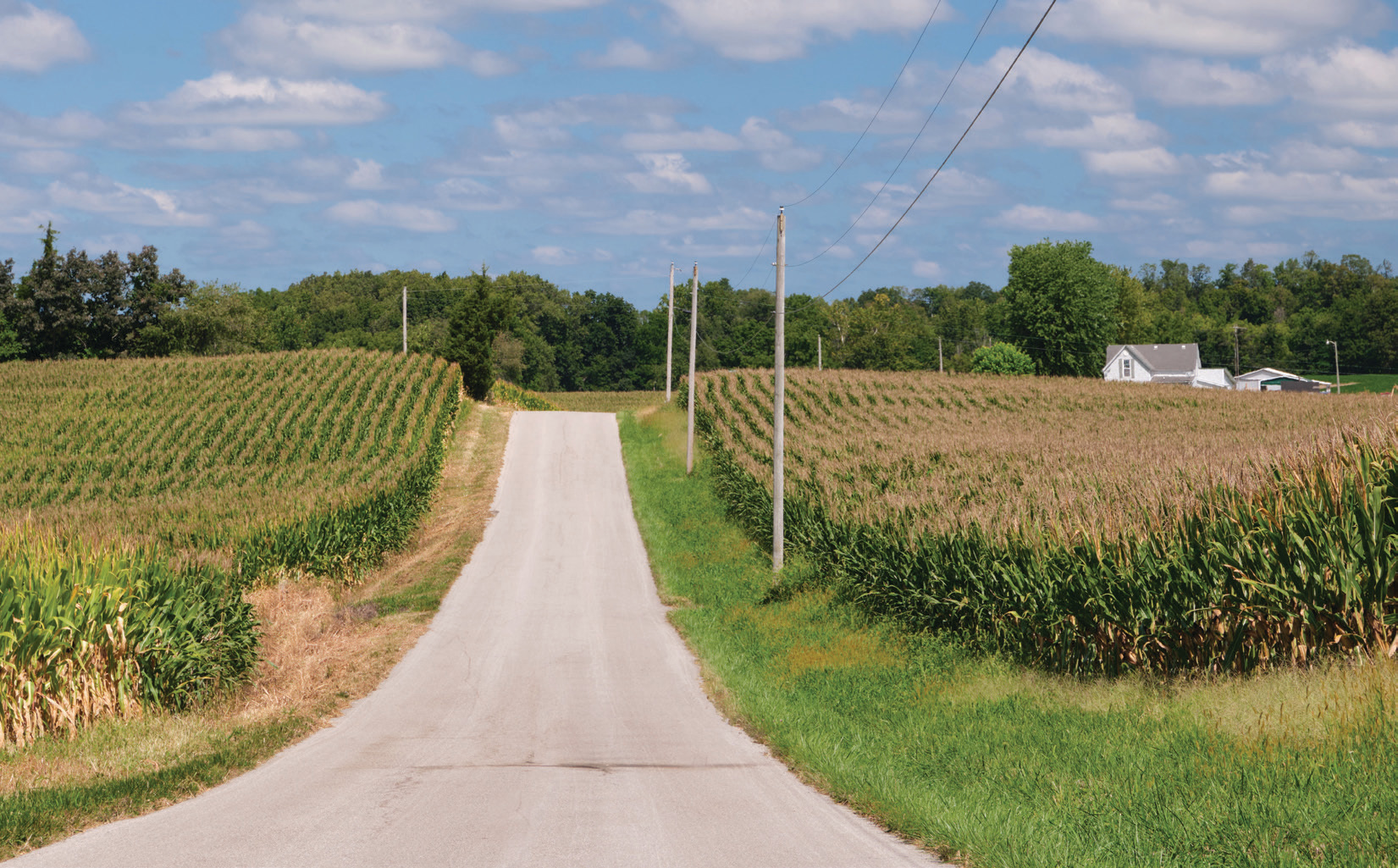
As spring approaches, many will begin outdoor projects and agriculture-related work that may require large vehicles and equipment. Before you start, I want to inform you about the dangers of overhead electric and communication cables. Overhead lines are everywhere and can pose a significant risk of injury or death should your equipment come in contact with them, not to mention the damage and costly repairs.
The National Electric Safety Code (NESC) establishes minimum height requirements for electric and communications cables to provide safe clearance between lines, vehicles, equipment, structures and people. The utilities that install and maintain these lines are responsible for ensuring NESC height requirements are met. Unfortunately, significant risk still exists with the size of some vehicles and equipment. I caution that you never assume height requirements have been met because bad actors do exist.
New electric lines and communications cables are being installed every day. Each time you operate equipment or vehicles that have the potential of reaching overhead lines, you must look up for new dangers. Because of funding currently available for fiber-to-home projects, we are seeing more companies out installing fiber optic communications cables on poles throughout the county. These cables can be installed quickly, so in an area where there may not have been cables yesterday, there may be today. The strand, the support cable that fiber cables are lashed to, is extremely durable. When hit by equipment or vehicles, utility poles will often break before the strand does, creating dangerous and costly situations.
Purdue University Extension recently published “Overhead Power and Communications Lines — Don’t Get Grounded,” which thoroughly explains these dangers and what to do if you are involved in a contact incident. This publication can be viewed for free online at goiec.org/grounded-mcremc.
I highly recommend that anyone at risk of contacting overhead lines take a few minutes to read this publication and share it with anyone who may also be at risk. Lastly, if you have questions or concerns about low-hanging wires on Marshall County REMC poles, please contact us so we can address the situation.




